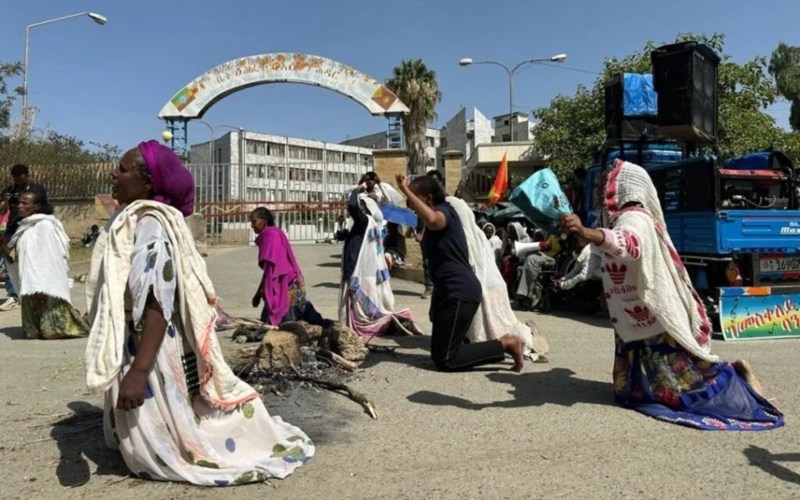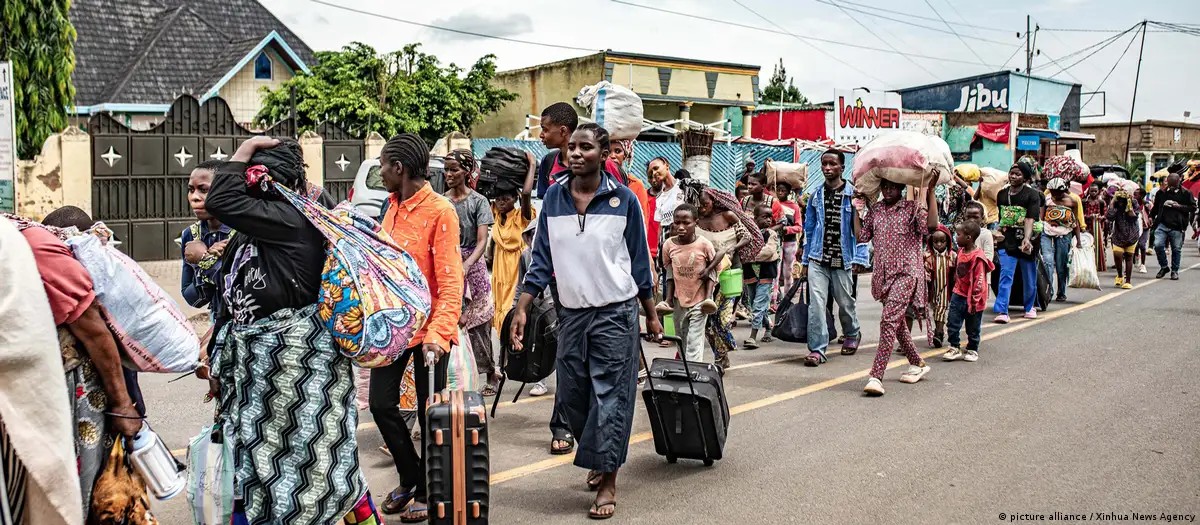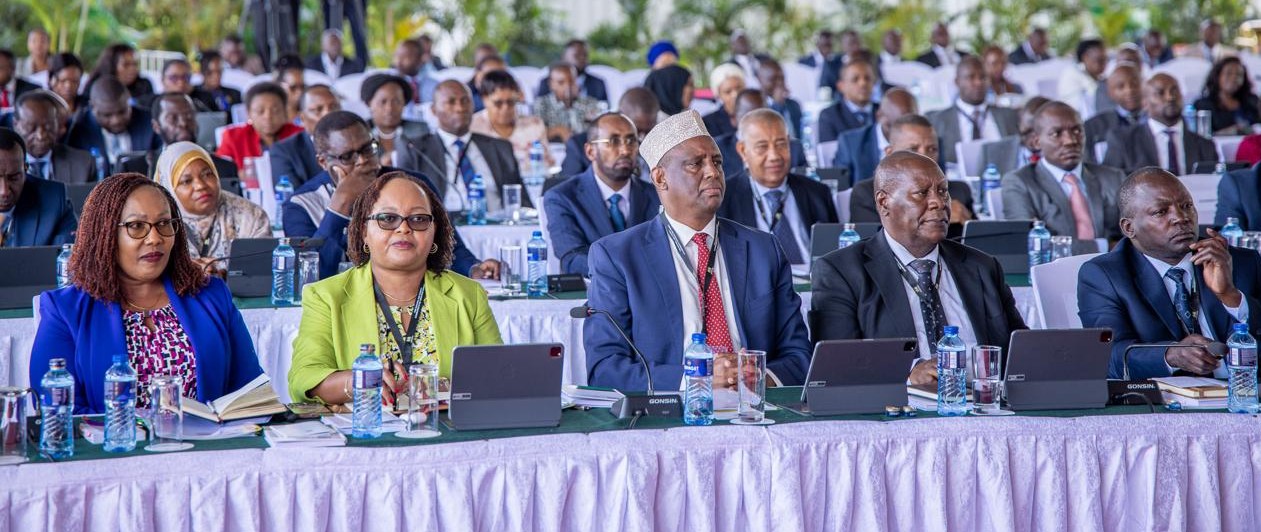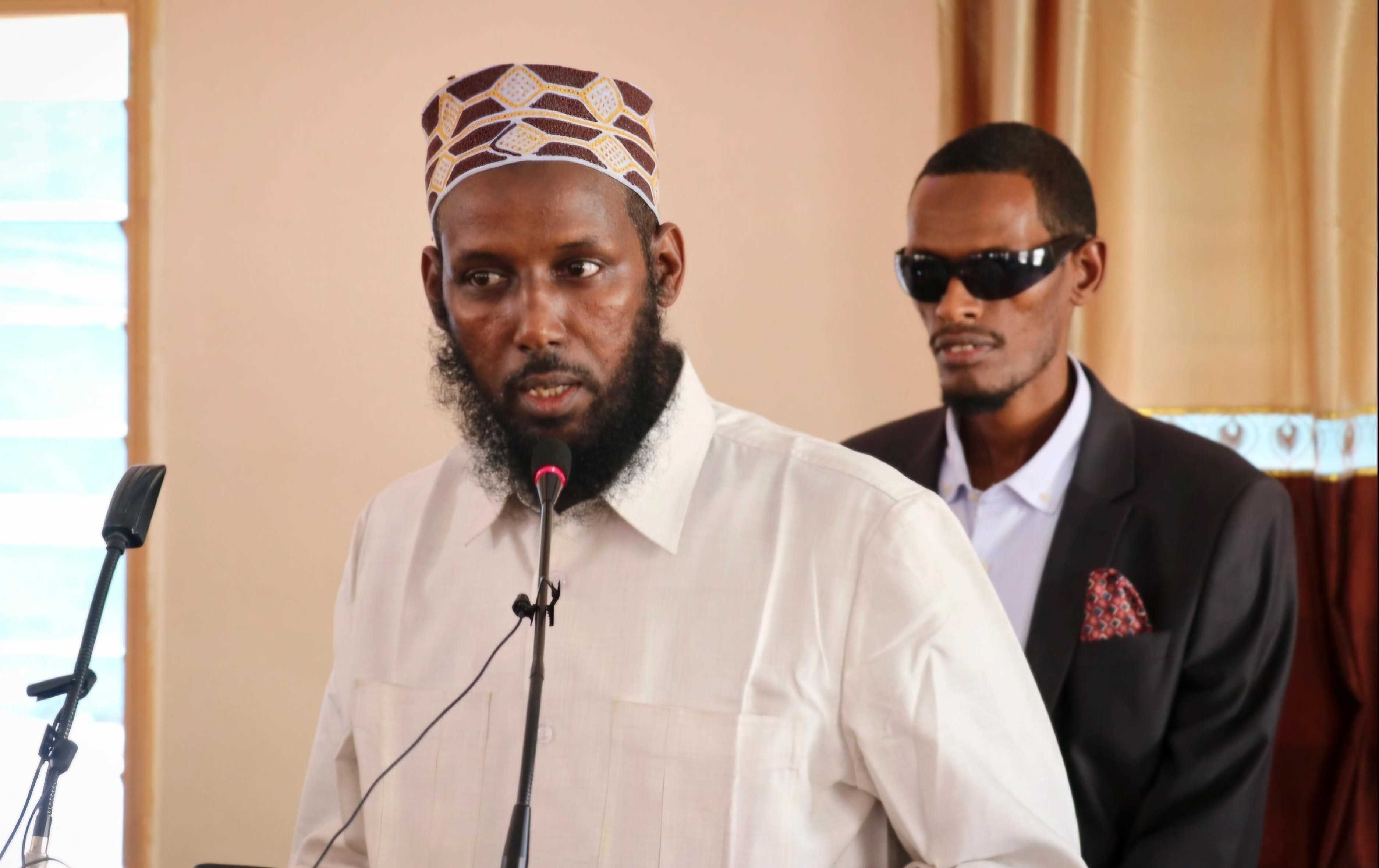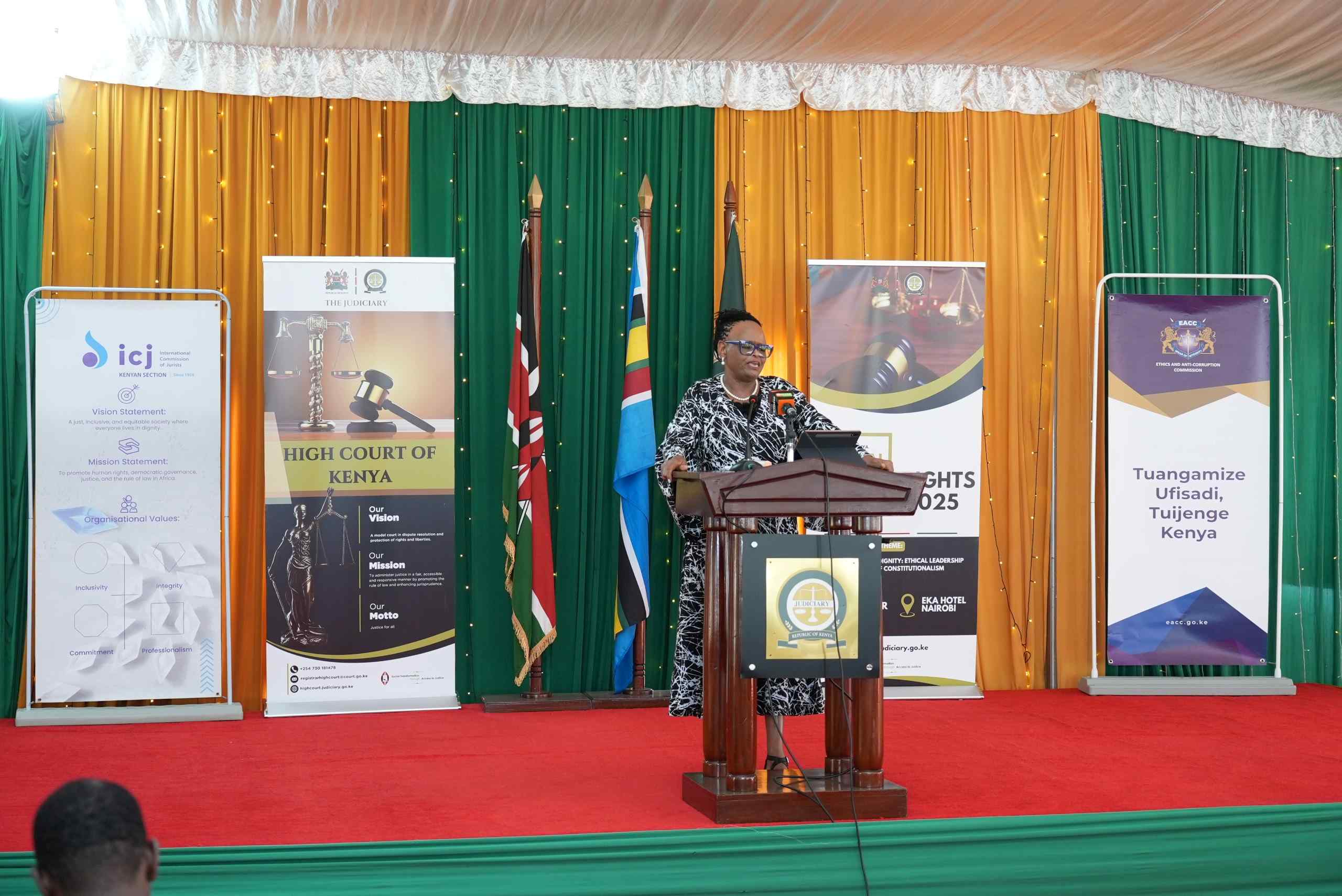Agriculture CS nominee Kagwe advocates for mandatory livestock insurance for farmers
![Agriculture CS nominee Kagwe advocates for mandatory livestock insurance for farmers - An armed herdsman watches over his cattle in Turkana, northwestern Kenya. [Photo: GIRIN]](https://publish.eastleighvoice.co.ke/mugera_lock/uploads/2024/09/North-Rift-1-1.jpg)
Kagwe pointed out the need to address these cultural challenges while promoting practical solutions like insurance to provide financial safety nets for farmers during tough times.
During his vetting, Mutahi Kagwe, the Agriculture CS nominee, called for the introduction of mandatory insurance for farmers' cattle to ensure the financial security of pastoralists and livestock-dependent communities.
The CS nominee emphasised that livestock insurance is critical to the livelihoods of pastoral communities, who rely heavily on cattle for income and sustenance.
More To Read
- CS Kagwe announces policy overhaul for sugar, tea and miraa to protect farmers’ earnings
- CS Kagwe urges bold reforms in agriculture sector as Intergovernmental Agriculture Forum opens in Naivasha
- CS Kagwe orders integrated pest management to save macadamia nuts
- Smartphones, women’s rights and coupons: new trends that can boost insurance for African farmers
- Historic water project launched to end generations of scarcity in Northern Kenya
- Government targets illegal seed dealers in bold move to safeguard farmers from counterfeits
Reflecting on his past experiences in Mandera, Kagwe shared a particular instance where he tried to convince farmers to sell their cattle to the Kenya Meat Commission (KMC) during difficult times.
Despite KMC's willingness to purchase, the farmers were hesitant, largely due to cultural factors that discouraged the sale of cattle.
Kagwe pointed out the need to address these cultural challenges while promoting practical solutions like insurance to provide financial safety nets for farmers during tough times.
"I think it's also important to teach this issue of insurance because largely there is no communication on it. Yet, there are very many organisations that are involved in this insurance for livestock," said the CS nominee.
He vowed to champion this cause, ensuring that pastoralists receive better education and support in navigating the insurance landscape.
Kagwe also highlighted the issue of affordability, stressing that insurance premiums must be reasonable to ensure that farmers can participate in such programmes.
"But more than the insurance, is also to make sure that the insurance premiums are affordable. There's no point in offering livestock insurance if the premiums are so expensive that farmers cannot afford them," said Kagwe.
Kagwe called for a collaborative effort to make livestock insurance a reality for all pastoralists, making it affordable and culturally acceptable.
While acknowledging the complexities involved, he assured that he would be at the forefront of pushing this critical agenda forward, aiming to secure a more resilient future for Kenya's pastoral communities.
Top Stories Today



